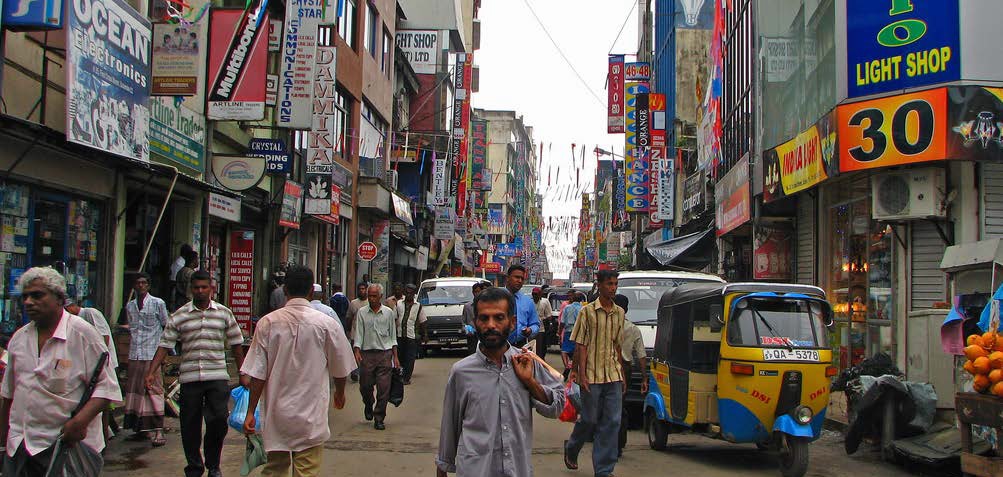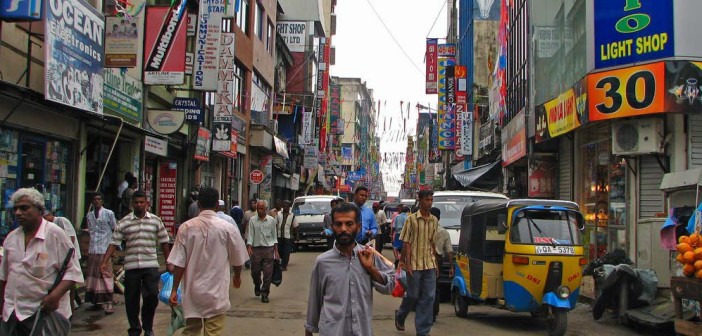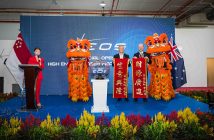
A changing criminal threat
Despite the large blow dealt to drug, people and arms trafficking systems by the fall of the LTTE in 2009, Sri Lanka still faces serious challenges from transnational organised crime. The country has found itself both a transit and a source point along the larger South and Southeast Asian smuggling routes, and the problem has been exacerbated by its poor border control, it’s geographical position and the incidence of official corruption. The challenges faced by the country are, at their core, regional problems that can’t be countered by the Sri Lankan Government in isolation. Although the country is but a small link, activities in Sri Lanka have impacts in some way upon all stages of the trafficking chain, from producer countries to destinations.
Bilateral and interagency law enforcement cooperation
As a small island nation with a marginal ability to limit transnational crime seeping over from its larger neighbours, Sri Lanka has been keenly involved in international law enforcement cooperation since the 1970s. That cooperation has taken the form of multilateral regional cooperation forums, bilateral agreements and the provision of training and equipment by foreign governments. Those patterns have largely continued unchanged into the present day, although Sri Lanka’s moves to establish counter-people-smuggling coordination agreements with Australia appear to indicate a willingness to expand coordination efforts outside its immediate neighbourhood.
Australia has been one focus of cooperation among many for the Sri Lankan Government. Cooperation is based on a broad Memorandum of Understanding on Combating Transnational Crime and Developing Police Cooperation signed in May 2009, and a more specific memorandum on cooperation against migrant smuggling signed later that year. The Australia – Sri Lanka Joint Working Group on People Smuggling and Other Transnational Crime was formed in 2012 to complement the latter agreement. These agreements have resulted in increased cooperation between Sri Lankan authorities, the Australian Border Force and the Australian Federal Police (AFP). The AFP has developed close operational-level contracts inside the Sri Lanka Police, including with the Criminal Intelligence Division (CID), the Maritime Human Smuggling Investigation Unit, the Anti-Human Smuggling Investigation Bureau and the Airport CID team. Along with Australian Customs and Border Protection officers based in Sri Lanka, customs cooperation has also included two ex-Customs Bay-class patrol boats gifted to the Sri Lanka Navy in 2013 and further maritime cooperation, training, equipment and workshop…Click HERE to read full article.





